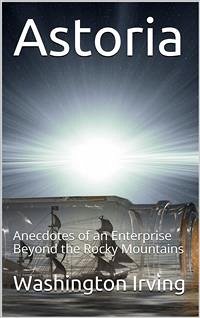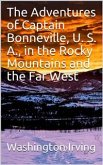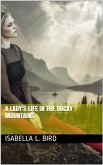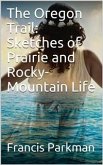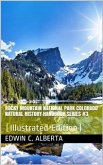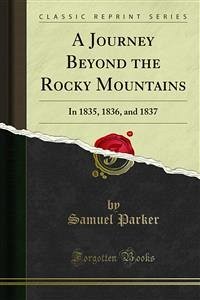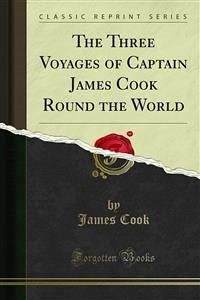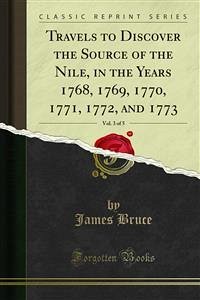Astoria is a history book published in 1836 by Washington Irving. The full title being "Astoria: Or, Enterprise Beyond the Rocky Mountains". The book was commissioned by John Jacob Astor as an official history of his company's 1810-1812 Astor Expedition to Oregon. The book became a bestseller in 1836 and at the time was required reading in some schools.
The book describes the people and events related to the establishment of Fort Astoria as a fur trading center in 1811. Much of the book is devoted to chronicling trips financed by John Jacob Astor by sea and by land to and from this location near the mouth of the Columbia River. The hardships endured and the resourcefulness displayed by these pioneers are amazing. Washington Irving was asked to write this book by Mr. Astor, who provided the author with a lot of correspondence and other information to consolidate and organize. The author gives a lot of praise to Mr. Astor, who was a friend of his, but representatives of Mr. Astor who made questionable business decisions that seemed inconsistent with his vision are sharply criticized. The author is clearly biased in his treatment of Mr. Astor; but most, if not all, of the praise appears to be warranted.
If your interest is in the early discovery of the west, the fur trade and the affect on native americans and all early accounts of the natve americans, different tribes and the affect of the first white visitors on those tribes. The immense difficulties of the first white explorers. Also, the origin and life of american legend John Jacob Astor and his vision to take over the western fur trade. If you enjoy the early explorer, lewis and clark, mountain man, native american genra this book is required enjoyment.
The book describes the people and events related to the establishment of Fort Astoria as a fur trading center in 1811. Much of the book is devoted to chronicling trips financed by John Jacob Astor by sea and by land to and from this location near the mouth of the Columbia River. The hardships endured and the resourcefulness displayed by these pioneers are amazing. Washington Irving was asked to write this book by Mr. Astor, who provided the author with a lot of correspondence and other information to consolidate and organize. The author gives a lot of praise to Mr. Astor, who was a friend of his, but representatives of Mr. Astor who made questionable business decisions that seemed inconsistent with his vision are sharply criticized. The author is clearly biased in his treatment of Mr. Astor; but most, if not all, of the praise appears to be warranted.
If your interest is in the early discovery of the west, the fur trade and the affect on native americans and all early accounts of the natve americans, different tribes and the affect of the first white visitors on those tribes. The immense difficulties of the first white explorers. Also, the origin and life of american legend John Jacob Astor and his vision to take over the western fur trade. If you enjoy the early explorer, lewis and clark, mountain man, native american genra this book is required enjoyment.

